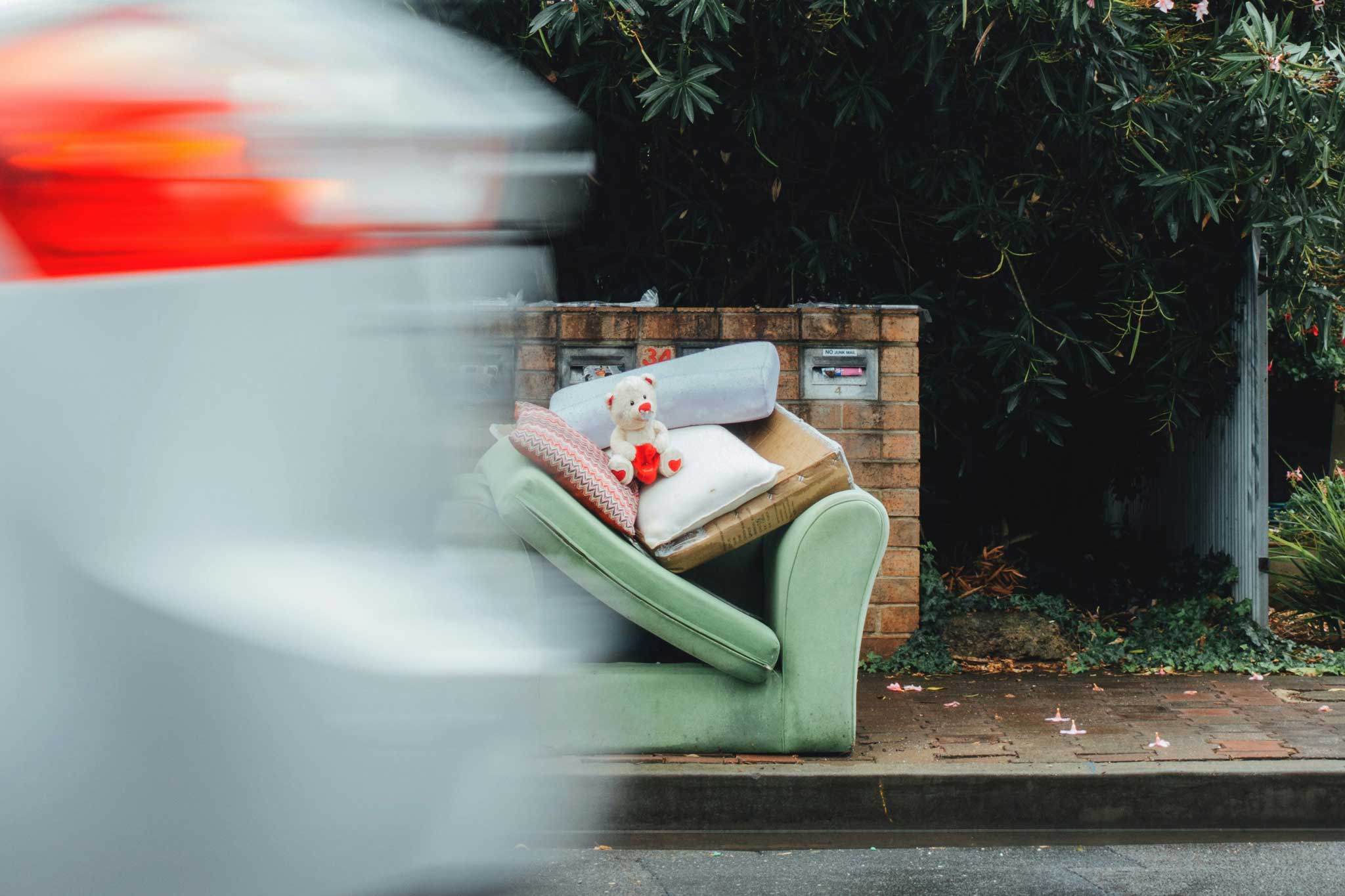Fly-tipping is a growing concern in Cornwall, not just for its unsightly impact on the countryside but also for the environmental damage it causes. This article looks into the issue of fly-tipping in the region, outlining responsibilities, fines, legal frameworks, prevention strategies, and how professional services like Demolition South West (DSW) are involved in tackling the problem.
Table of Contents
- What is Fly-Tipping?
- Who is Responsible for Clearing Up Fly-Tipped Waste?
- Fines and Penalties for Fly-Tipping
- Laws Governing Fly-Tipping in the UK
- Preventing Fly-Tipping in Cornwall
- DSW’s Role in Professional Waste Disposal
- Useful Resources
What is Fly-Tipping?
Fly-tipping refers to the illegal disposal of waste on land or water without a licence. In Cornwall, this practice disrupts the natural beauty of the landscape and endangers local wildlife and ecosystems. Common items dumped include household rubbish, building materials, furniture, and even hazardous materials like asbestos.
Who is Responsible for Clearing Up Fly-Tipped Waste?
Responsibility for clearing up fly-tipped waste in Cornwall depends on the location:
- Private Land: Landowners bear the cost and responsibility for removing illegally dumped waste.
- Public Land: Local authorities, such as Cornwall Council, are responsible for cleaning up and investigating incidents.
If you discover fly-tipped waste, it’s essential to report it. Cornwall Council offers an online reporting tool on their fly-tipping page.
Fines and Penalties for Fly-Tipping
The UK takes fly-tipping seriously, with severe penalties in place for offenders:
- On-the-spot fines: Fixed penalty notices range from £150 to £400.
- Prosecution fines: Magistrates’ courts can impose fines of up to £50,000 or 12 months’ imprisonment. For more serious cases tried in Crown Court, offenders face unlimited fines and up to 5 years in prison.
- Vehicle seizure: Vehicles used for fly-tipping may be seized and destroyed.
These penalties are designed to deter individuals and businesses from illegally disposing of waste.
Laws Governing Fly-Tipping in the UK
Fly-tipping is a criminal offence under several laws, including:
- Environmental Protection Act 1990: Defines the legal framework for waste disposal and fly-tipping offences.
- Clean Neighbourhoods and Environment Act 2005: Introduced tougher penalties and powers for local authorities.
- Control of Pollution (Amendment) Act 1989: Requires waste carriers to hold a valid licence.
Detailed guidance on these laws can be found on the UK Government’s website.
Preventing Fly-Tipping in Cornwall
Cornwall has been proactive in addressing fly-tipping through:
- Community Initiatives: Local clean-up events and awareness campaigns encourage proper waste disposal.
- Increased Surveillance: Cornwall Council uses CCTV and patrols in known fly-tipping hotspots.
- Improved Waste Services: Accessible recycling centres and affordable waste disposal services make legal disposal easier for residents.
- Penalties and Enforcement: Stricter enforcement, including the use of fines and prosecutions, acts as a deterrent.
Residents are encouraged to dispose of waste responsibly and report any incidents of fly-tipping to authorities.
DSW’s Role in Professional Waste Disposal
At Demolition South West (DSW), we frequently assist landowners and businesses in Cornwall with the safe and professional disposal of fly-tipped waste. With our Constructionline Gold accreditation and expertise in waste management, we ensure that all waste is handled in compliance with environmental regulations.
Our waste transfer station in St Dennis, near St Austell, is equipped to process and sort materials, recycling as much as possible and disposing of hazardous waste responsibly.
Choosing a professional service like DSW ensures:
- Safe removal of hazardous materials, including asbestos.
- Proper segregation and recycling of waste.
- Compliance with legal requirements, avoiding additional fines or liabilities for landowners.
If you need assistance with fly-tipped waste, contact DSW for expert help.
Useful Resources
For further information on fly-tipping, legal responsibilities, and waste disposal services, explore the following resources:
- Cornwall Council: Fly-Tipping Information and Reporting Tool
- UK Government: Fly-Tipping Laws and Penalties
- DSW: Waste Disposal Services
Fly-tipping poses significant challenges for Cornwall, but through community action, enforcement, and professional waste services, progress is being made. Whether you’re reporting an incident or need help clearing waste, there are resources and solutions to tackle the issue head-on.


